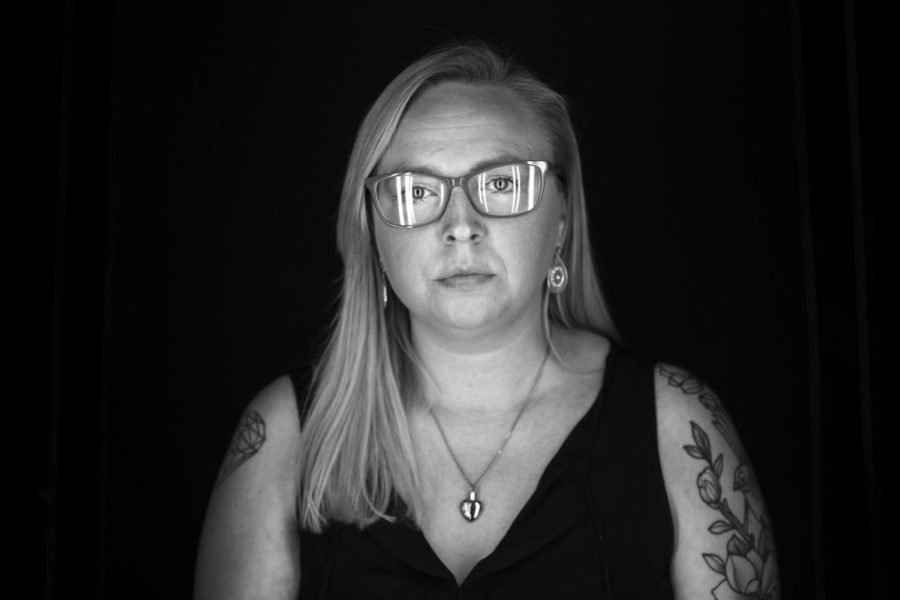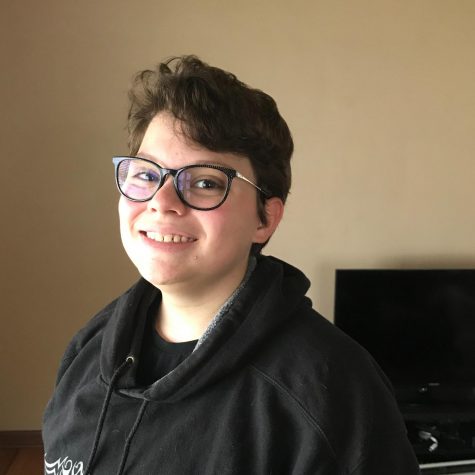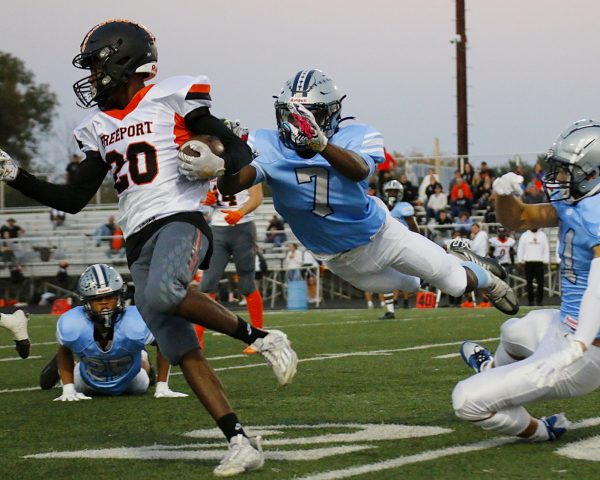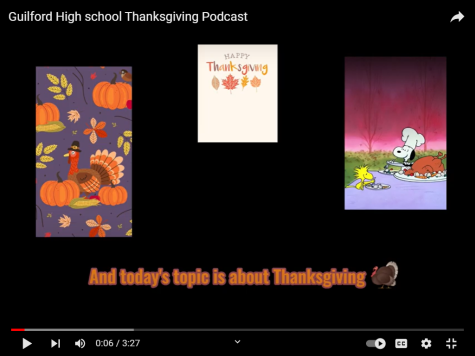Phyllis Gallisath discusses how to be an LGBTQ+ ally
This Wednesday’s seminar, “Break The Stigma: LGBTQ+ Plus Allies,” hosted by Phyllis Gallisath, was about how to be an ally to the LGBTQ+ community. She is the Transgender Support Coorinador for PFLAG. PFLAG is the first and largest organization for lesbian, gay, bisexual, transgender, and queer LGBTQ+ people and their families, allies and parents.
Schools should make transgender and nonbinary students more comfortable by asking their pronouns so they feel safer and it will not be as likely for people to assume someone’s gender with just how they esspress it with how they dress.
According to Ms. Gallisath, 49% lgbtq students have reported getting cyberbullied. 56.7% report bullying at their school. 61.6% report that the staff didn’t do anything about this bullying that was happening. 55.5% feel unsafe because sexual orientation is something other than straight. 22.7% of students reported feeling physically unsafe at school.
Ms. Gallisath stated there are four things you should know about gender and gender expression. First, “biological sex” means the sex you were assinged at birth. For example, if you are a trans woman you were assigned male at birth. The second thing is your internal sense of being, which is what gender you feel on the inside no matter what your assigned gender at birth. For example, if someone is nonbinary they can feel like no gender at all even if they were assinged female at birth. The third one is gender expression, that is how you express your gender mostly through clothes or makeup if you wear that. For example, someone can wear makeup but still be a man.
There are several things you can do to be a good ally of someone in the LGBTQ+ community. First, you must listen to the people of the community. Don’t assume all your friends are straight, give them a space that they may be safe if their family might not accept them. Defend your lgbtq friends against the hate they may receive, and use your pronouns when you introduce yourself to others. If you are talking to a trans person don’t complement how they pass as the gender they are. If you say, “Oh you pass so well.” It could sound like they aren’t actually the gender they see themselves as. Don’t compare gender to sexuality since it’s not the same. Sexuality is who you love, not who you are. If you meet a nonbinary person, transman, or transwoman don’t ask for pictures of what they looked like before they transitioned. Also, for parents, if your child comes out as a transwoman, transwoman, or nonbinary, using the pronoun and name that they want to be called acknowledges that they are different just knowing that they are transgender but not using their pronouns is disrespectful and can hurt them in more ways than one.
If you need help there are websites that you can go to. One well known one is Trevor Project: https://www.thetrevorproject.org/
Another one is Trans Lifeline. If you are a trans person you can get in contact with someone and they can help you with any problem you may be having. https://translifeline.org/








